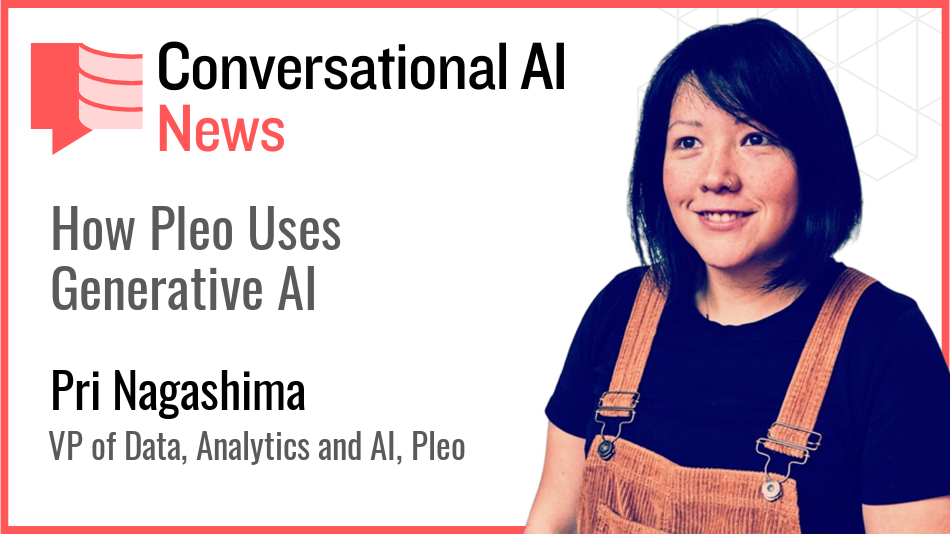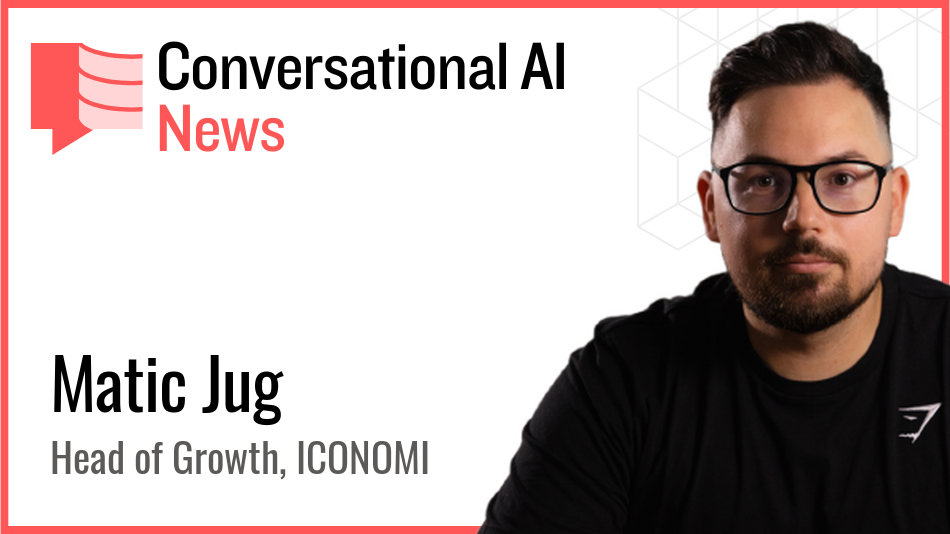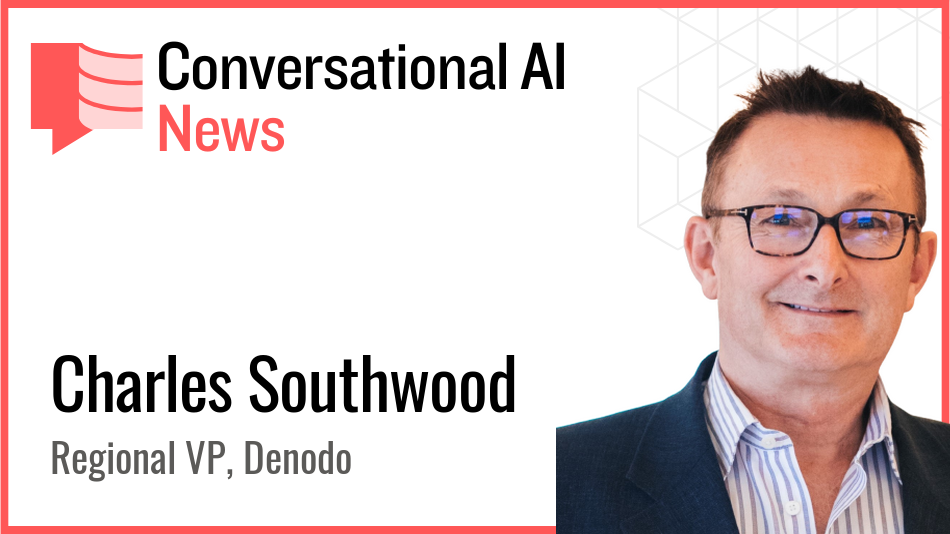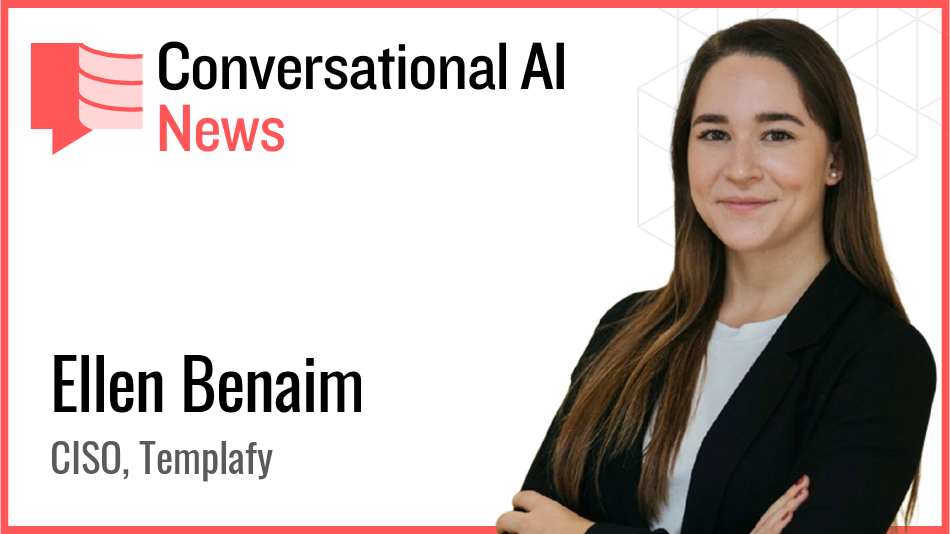How Pleo Uses Generative AI, by Pri Nagashima

Today we're meeting Priscilla (Pri) Nagashima, VP of Data, Analytics and AI at Pleo. The company specialises in expense management platforms, empowering forward-thinking teams to manage their finances easily and efficiently.
I asked her to give us an overview of how they're using Generative AI to make the Pleo service even better.
Over to you Pri - my questions are in bold:
Who are you, and what's your background?
Hi, I'm Pri! I'm currently the VP of Data, Analytics, and AI at Pleo. My journey into tech has been anything but linear, but that's what makes it interesting. I originally studied software engineering at the University of Oxford. I also ventured into various industries - from music and ticketing to mobility, payments, and marketing - always with a passion for building products that are shaped by data and grounded in real-world needs.
Over the past 18 years, I've held leadership roles that blended engineering, product, and data. Before joining Pleo, I was at DICE, working on how tech can enhance live events, and before that, I led teams at Siemens. I've also been fortunate to mentor startups through Techstars, which has kept me close to early-stage innovation. Now at Pleo, I'm bringing all those threads together to help shape how we use data and AI to make finance work better for people.
What is your job title, and what are your general responsibilities?
At Pleo, I lead our data, analytics, and AI functions. That means I'm responsible for everything from our core data infrastructure to our more experimental AI-driven initiatives. Day-to-day, I'm working closely with our engineering and product teams to ensure that our data is not just accurate and accessible but also actionable. A lot of my time is spent thinking about how to make our platform smarter - how to anticipate what our users need and deliver that with as little friction as possible. It's a mix of strategic leadership and hands-on involvement in the design and direction of our AI roadmap.
Can you give us an overview of how you're using AI today?
Absolutely. At Pleo, AI plays a big role in how we simplify finance for businesses. One of the most exciting areas is how we're using generative AI to bring company spending policies to life. Instead of employees needing to ask a manager or someone in finance what the rules are for travel or lunch expenses, they can now just ask Pleo directly in natural language. Our AI interprets those queries and provides clear, context-aware answers based on the guidelines set by the company.
We're also using AI in more behind-the-scenes ways. For instance, our work with Taktile is helping us improve fraud detection by identifying patterns in transaction data that would be difficult to catch with rules-based systems. And on the operational side, our Pleo Invoices product uses AI to automatically extract and categorize data from invoices, which helps finance teams cut down on manual data entry and errors. We're focused on practical implementations—places where AI can save time, reduce risk, and improve clarity.
Tell us about your investment in AI? What's your approach?
We take a hybrid approach. We've built strong in-house capabilities, with dedicated teams working across data science, engineering, and analytics. But we also believe in smart partnerships - there's no need to reinvent the wheel when there are companies out there doing amazing work in specific domains.
For example, we've partnered with Taktile and Lucinity, both of whom bring deep expertise in risk management and financial crime detection. These partnerships let us scale our impact faster while focusing our internal resources on areas where we can differentiate. We're also investing in tooling and infrastructure to make experimentation and deployment easier across the company.
What prompted you to explore AI solutions? What specific problems were you trying to solve?
It really started with the challenge of scale. As our customer base grew, so did the volume of data and complexity of the questions we needed to answer - both internally and on behalf of our users. We saw that AI could help us offer faster, more intelligent support, streamline workflows, and spot anomalies before they became issues.
There was also a user experience angle. We wanted to make finance feel more human and intuitive. AI helps us translate policies, data, and decisions into conversations—something that's easier for users to engage with than traditional dashboards or rigid workflows.
Who are the primary users of your AI systems, and what's your measurement of success? Have you encountered any unexpected use cases or benefits?
Our AI features are used across the board: by employees submitting expenses, finance teams managing spend, and administrators setting up policies. We track success by looking at adoption rates, engagement, and feedback, as well as operational metrics like reductions in manual processing time.
One pleasant surprise has been how intuitive users find the AI-powered spending guidelines. People are asking very nuanced questions, things like "Can I expense a hotel if it's over £200 a night?" - and the system is handling those really well. It's validating to see how natural the interaction has become.
What has been your biggest learning or pivot moment in your AI journey?
Realising the importance of pacing. There's always pressure to move fast, especially in a hot area like AI, but we've learned the value of investing in foundations: good data hygiene, strong governance, and model monitoring. Skipping those steps can come back to bite you. Another big moment was understanding how much value there is in small, incremental AI features - not everything needs to be a moonshot. Some of our most impactful wins have been simple things, like improving how we tag expenses or flag duplicates.
How do you address ethical considerations and responsible AI use in your organisation?
We're very mindful of responsible AI. That starts with transparency: we make sure users understand when AI is involved in a decision and give them the ability to challenge or override it. Internally, we're implementing processes to regularly audit models for bias and ensure fairness.
It's also a cultural commitment. We want everyone, from engineers to product managers, to think critically about how and why we use AI. That means investing in training, setting ethical design principles, and always centering the end user in our decision-making.
What skills or capabilities are you currently building in your team to prepare for the next phase of AI development?
We're focusing on both technical and strategic upskilling. On the technical side, we're training our teams in advanced ML techniques and enabling them with MLOps. But we're also investing in data storytelling, product thinking, and experimentation, i.e. skills that help translate raw insights into real value.
We're encouraging cross-functional collaboration too. The best AI features aren't built in isolation, instead they come from deep collaboration between engineers, designers, analysts, and customer support.
If you had a magic wand, what one thing would you change about current AI technology, regulation or adoption patterns?
I'd love to see more consistency and clarity in AI regulation. Right now, the landscape is fragmented and often reactive. Clearer guidelines would help companies like ours innovate responsibly without feeling like we're navigating in the dark. At the same time, I'd want those regulations to be designed with flexibility so that they can evolve alongside the technology.
What is your advice for other senior leaders evaluating their approach to using and implementing AI? What's one thing you wish you had known before starting your AI journey?
Start with the problem, not the technology. It's easy to get caught up in the hype and implement AI for its own sake, but you need a clear purpose. Also, invest early in good data infrastructure - you can't build intelligent systems on messy data. And don't underestimate the cultural change required. AI isn't just a tech project; it's a mindset shift across your organisation.
What AI tools or platforms do you personally use beyond your professional use cases?
I'm a bit of a tinkerer, so I love playing with newer tools to see what's emerging. I often experiment with open-source models and platforms like Hugging Face, which offers a great way to stay hands-on with the latest developments. I also enjoy tools like Notion AI for streamlining personal productivity—just seeing how these tools evolve gives me ideas for what's possible at Pleo.
What's the most impressive new AI product or service you've seen recently?
A standout for me recently is Cognition's "Devin", an autonomous AI software engineer (cognition-labs.com). Devin takes end-to-end ownership of software projects. You can give it a prompt like "build me a web app that tracks expenses" and it will plan the work, write the code, run tests, debug errors, and even push to GitHub. It's not just writing snippets; it's managing the development workflow like a junior engineer.
What's fascinating about Devin is how it blends reasoning, memory, and tool use into one cohesive agentic system. It's a real shift from tools that simply generate code to agents that can actually build and ship. It's early days, but the implications for developer productivity, and even team structure, are huge. This kind of autonomous agent could change how we think about software teams in the next 2–3 years.
So the idea is exciting, even if the execution isn't always perfect (we are still living in a world where AI-driven systems like Copilot can introduce a lot of bugs if the developer doesn't understand what they are shipping!).
Finally, let's talk predictions. What trends do you think are going to define the next 12-18 months in the AI technology sector, particularly for your industry?
I think we'll see AI becoming more embedded in the workflows of finance teams, not as a standalone solution but as part of every touchpoint, from reconciliation and approvals to forecasting and vendor management. Generative AI will also continue to evolve, helping teams write, explain, and understand financial data more naturally.
Another big shift will be the growing emphasis on interpretability. As models become more complex, users and regulators alike will demand clearer insights into how decisions are made. Companies that can offer that transparency while still delivering value will stand out.
Absolutely fascinating Pri - thank you very much indeed.
Read more about Pri on LinkedIn and find out more about Pleo at www.pleo.io/.














